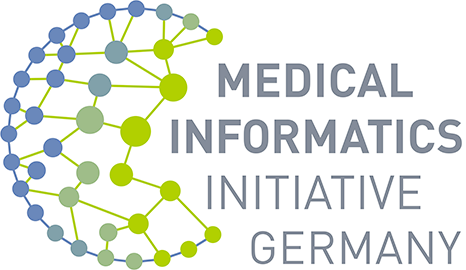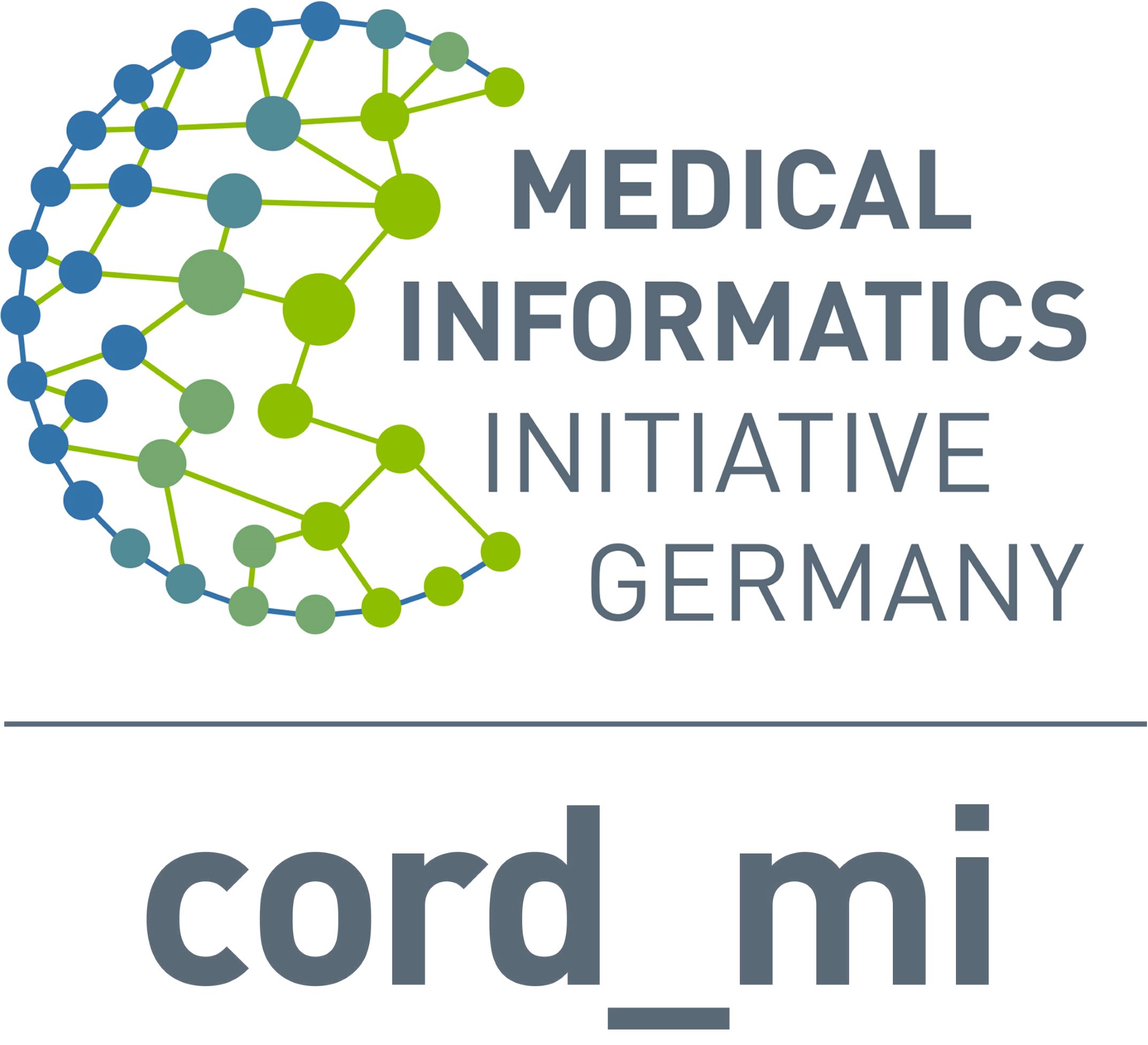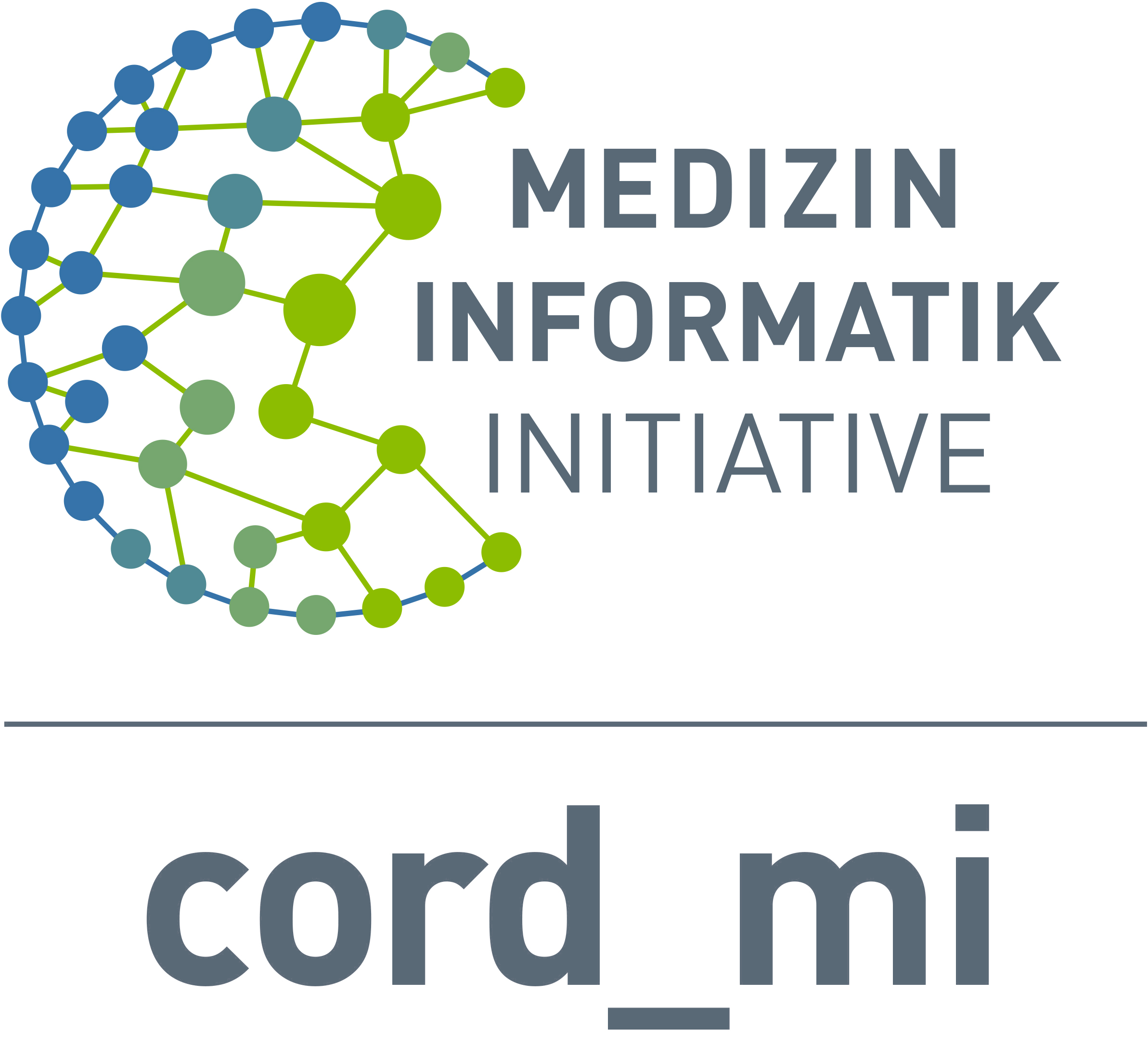Collaboration on Rare Diseases
It is estimated that approximately four million German citizens are affected by approximately 8,000 known rare diseases. Due to the rarity of each individual disease and the lack of consideration in hospital documentation, no concrete statements on the frequency, distribution and course of the disease are possible to date, which has a negative impact on research, diagnosis and therapy. Based on the National Action Plan for People with Rare Diseases from 2013, various measures have been implemented in Germany to support the coding of rare diseases (DIMDI-SE) and to create better care structures for patients in university hospitals (TRANSLATE-NAMSE, ZSE-Duo). There is also a NAMSE strategy paper on digitisation needs for rare diseases. Despite these and other important care and research projects at national, European and international level, it has not yet been possible to establish sustainable structures for a digital data exchange network for rare diseases.
CORD-MI wants to contribute to changing this situation and uses the organisational and technical solutions of the Medical Informatics Initiative to
- improve the visibility of rare diseases,
- to provide insights into the reality of supply,
- to improve the quality of patient care; and
- to stimulate research in the field of rare diseases.
To this end, specific concepts and solutions will be developed by 2022 to ensure that
- the documentation of rare diseases in university hospitals is improved,
- the data obtained can be shared, and
- data protection is ensured in the nationwide data collection and data evaluation.
University hospitals and research institutions involved
DIFUTURE
- Klinikum rechts der Isar der Technischen Universität München
- Ludwig-Maximilians-Universität München
- Universitätsklinikum Regensburg
- Universitätsklinikum Tübingen
- Universitätsklinikum Ulm
HiGHmed
- Berlin Institute of Health
- Charité – Universitätsmedizin Berlin
- Technische Universität Darmstadt
- Universitätsmedizin Göttingen
- Universitätsklinikum Heidelberg
- Deutsches Krebsforschungszentrum Heidelberg
- Universitätsklinikum Köln
- Universitätsklinikum Münster
- Universitätsklinikum Würzburg
MIRACUM
- Technische Universität Dresden
- Universitätsklinikum Frankfurt am Main
- Universitätsklinikum Freiburg
- Universitätsklinikum Gießen
- Universitätsklinikum Magdeburg
- Universitätsklinikum Mannheim
- Universitätsklinikum Marburg
SMITH
- Universitätsklinikum Aachen
- Rheinisch-Westfälische Technische Hochschule Aachen
- Universitätsklinikum Bonn
Partner institutions
Allianz Chronischer Seltener Erkrankungen e.V.
Deutsches Institut für Medizinische Dokumentation und Information
Geschäftsstelle des Nationalen Aktionsbündnisses für Seltene Erkrankungen
Humboldt Institut für Internet und Gesellschaft
Contact
|
Dr. Josef Schepers Executive Coordination CORD-MI |
Dr. Franziska Krause Project Management CORD-MI |
|
Berlin Institute of Health Anna-Louisa-Karsch-Str. 2 10178 Berlin |
BIH @ Charité | CORD-MI Berlin Institute of Health Core Facility Digitale Medizin und Interoperabilität Anna-Louisa-Karsch-Straße 2 10178 Berlin |
| franziska.krause@charite.de |



